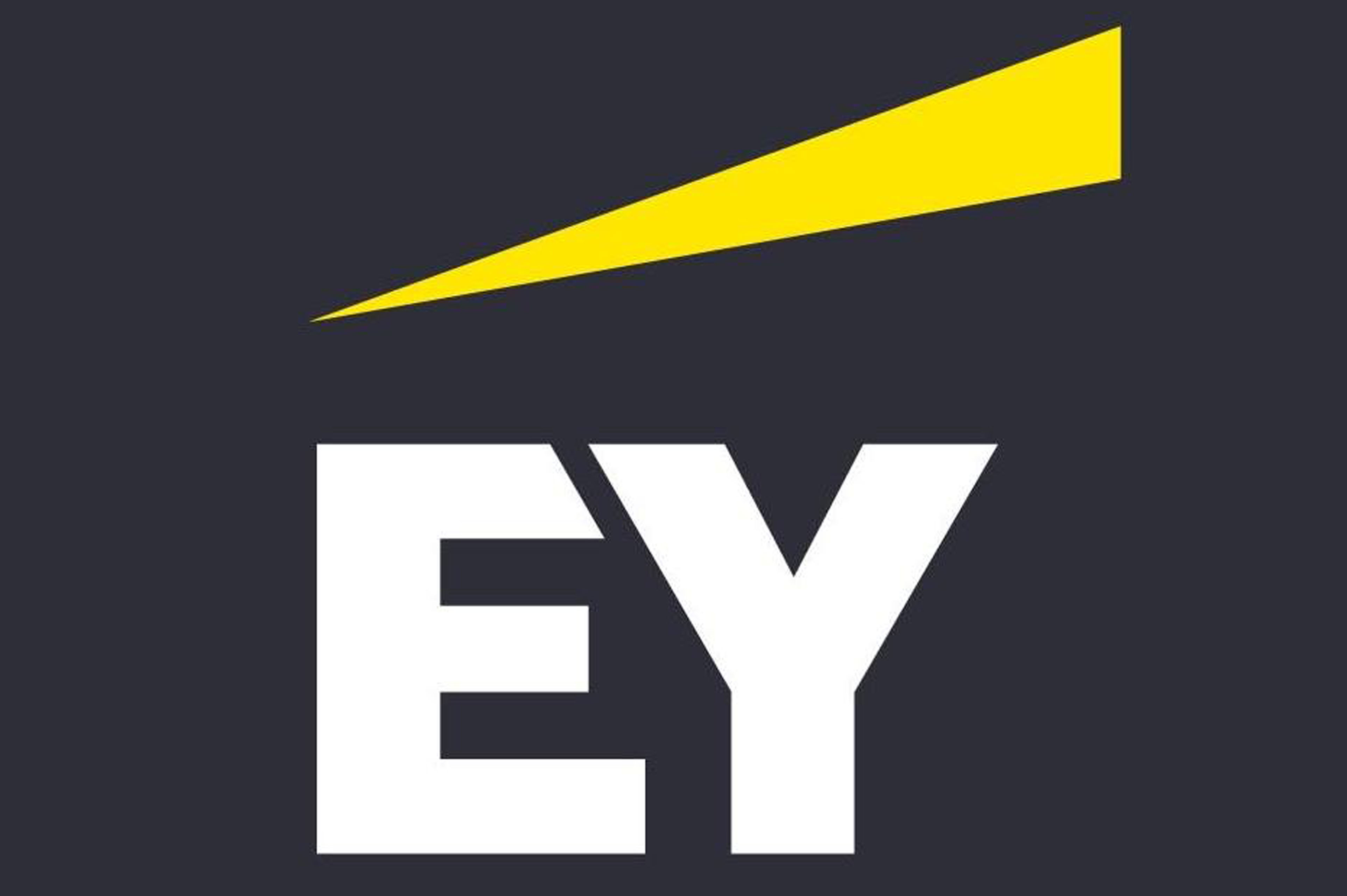EY se refiere a la organización global, y puede referirse a una o más, de las firmas miembro de Ernst & Young Global Limited, cada una de las cuales es una entidad legal independiente. Ernst & Young Global Limited, una compañía británica limitada por garantía, no brinda servicios a los clientes.

On March 28, 2023, President Andrés Manuel López Obrador submitted to the Mexican Lower Chamber a bill to reform several laws related to mining and water concessions, which may impact notably to Mexican mining industry if passed by Congress (the “Bill”). The Bill comprises a set of provisions not only affecting the mining ambit, but also is aimed to tackle environmental and social protection.
As we have been reporting, on November 15, 2018, the National Regeneration Party (MORENA as per its Spanish acronym) introduced a bill enabling the Mexican Geological Service to revoke mining concessions failing to comply social and environmental requirements, as well as to declare areas as unviable for exploitation or in conflict due to negative social impact. Mexican Senate fully dismissed it, on March 27, 2019, due to constitutional deficiencies. Other relevant MORENA party members filed additional bills but were unsuccessful.
No mining concessions have been granted since the beginning of President Lopez Obrador’s six-year term administration. In the spring of 2022, after intense discussions that led to the rejection of an ambitious electricity reform bill sponsored by the federal executive, Mining Law was amended to reserve lithium mining concessions for the Mexican Nation. In addition, unlike previous bills filed by lawmakers, this Bill is presented by the Federal Executive itself.
The federal administration had expressed that it would postpone its efforts to push through a major mining reform until the second half of the six-year term (which ends by later 2024).
Proposed changes
One of the most significant impacts for the industry would be the reduction of the duration of mining concessions to 15 years with the possibility of a single extension, as they are currently granted for 50 years extendable to 100.
The process for obtaining concessions would be now under a public bidding process, which is currently granted to the first applicant in time. State-owned companies are excepted, so the assignment could be made through direct award. The public bidding process could only be carried out after consultation with indigenous or Afro-Mexican peoples or communities when the corresponding mining lot is located in their territories.
It is also intended that the new concessions would be mineral-specific, instead of general as they are currently granted.
It is also proposed to eliminate the qualification of mining as a preferential activity, even for the use of national waters. Therefore, mining companies would have to negotiate economic conditions with landowners (ejidos) and local communities.
Restrictions are also incorporated for granting concessions in water-stressed areas, as well as other protected areas or those that could imply security risks for the population.
It is proposed limiting the transfer of concessions and rights over them between private parties, unless authorized by the Secretariat of Economy (SE). The purpose of this is to prevent speculation with mining permits.
Additionally, it is proposed to incorporate new causes for cancellation of mining concessions, being the most relevant:
- Failure to pay taxes for two fiscal years.
- Failure to start mining works during the year following the granting of the concession.
- Failing to have a valid water permit for mining use.
- Not having environmental reports and various permits.
- Failure to implement mine restoration, closure and post-closure plan.
Fines for violators may range from 1% of annual revenue plus MXN$518,700 (USD 30,000), and up to 4% of annual revenue plus MXN$1,037,400 (USD 57,500).
Criminal penalties in mining matters may also be imposed when:
- Ore is extracted, disposed of and/or trafficked when no mining concession is granted.
- Submitting false documentation in mining concession applications.
- When employees’ safety is undermined by non-compliance with the relevant regulations.
Proposed penalties for crimes in mining could range from 5 to 10 years in prison, plus fines equivalent to 5% on annual revenue and an additional amount of MXN$1,037,400 (USD $57,500). When mining ore is physically transferred out of the country without the corresponding permits, the penalties could even range from 5 to 15 years of imprisonment plus a 5% fine on annual revenue and MXN$1,244,880 (USD $70,000).
Mining concession holders would be mandated to implement a mine restoration, mine closure and post-closure plan, certified by the Secretariat of Environment and Natural Resources (SEMARNAT by its Spanish acronym). Failing to comply with such a program, may imply that the water concession is revoked.
Transitory regime
Current appeals will be resolved under the current provisions in force unless they oppose the provisions proposed by the Bill. If passed, pending mining concession applications would be dismissed, so they would have to be re-entered so as to be granted according to the new provisions.
Concessions on Protected Natural Areas (as defined legally), as well as those linked to the exploitation of mercury, will not be extended, even those extension requests that are still in process.
National waters concessions that are currently for industrial use, would have to migrate to use in mining industry, no later than within 90 calendar days after the proposed reform enters into force.
Next steps
The Bill must be assigned to the corresponding committee for study and subsequently released to be debated and voted on by the Chamber of Deputies. If passed, it will move to the Senate. If approved by both chambers, the Initiative will be promulgated and published by the Federal Executive in the Official Gazette of the Federation.
The Initiative has generated several concerns in the sector, since it could affect existing concessions, as it may violate several constitutional rights. Companies would be able to appeal the respective provisions through the applicable legal procedures.
In case of any questions or for more information about this Energy Alert, please contact us:
Alfredo Álvarez
José Pizarro-Suárez
Manuel González
Fernando Junco



